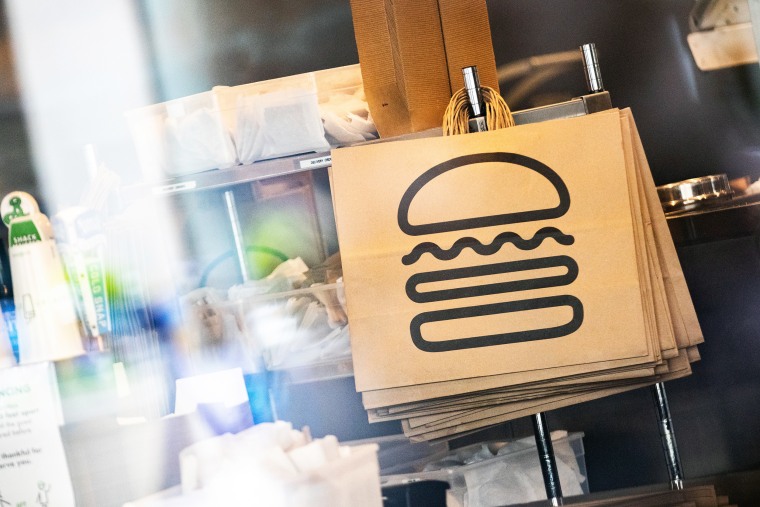Working families need help. More than 33 million Americans are out of work as the coronavirus pandemic continues to batter our economy. And we’re nowhere near the end of this disaster. For countless more, the Paycheck Protection Program (PPP) is their last line of defense against unemployment.
Unfortunately, we know that unscrupulous business owners have been applying for and taking funds that others have a much more urgent need for. But we won’t be able to do anything until we are able to open the PPP books. For most small businesses, this should be no problem, because they have nothing to hide. But for businesses trying to game the system, the public scrutiny will be a check on their greed. The American people deserve to know that their taxpayer dollars are supporting those who need help most.
Unfortunately, we know that unscrupulous business owners have been applying for and taking funds that others have a much more urgent need for.
The PPP was created as part of the Coronavirus Aid, Relief and Economic Security (CARES) Act, which became law March 27. It helps small businesses keep employees on payroll, which lets these workers stay connected to their benefits and ready to go back to work as soon as is safe. Congress allocated nearly $300 billion to the PPP in the CARES Act, and we doubled this amount in late April as it became clear that many more businesses needed help.
I know all too well that when we give taxpayer dollars directly to companies, there’s the potential for corporate abuse. I was on the front lines of the 2008 financial crisis, and I saw how big banks got help overnight while working families waited years and years, many to only lose their homes in the end. That’s why I’ve been sounding the alarm about the oversight necessary to properly administer the PPP: to ensure that workers and small businesses see the benefits.
Six weeks after the PPP’s enactment, it’s clear that more accountability is still needed to stop corporate abuse. Ruth’s Chris Steak House got $20 million in taxpayer dollars, even though the company laid off its workers and kept all its executives. Shake Shack and the Fiesta Restaurant Group also applied for and received PPP loans. These big chains have access to other capital — most small businesses do not.
Thankfully, all three companies returned the money after media reports sparked public outrage. But this shaming was only possible because these publicly traded companies are required by law to make disclosures.
Meanwhile, those same disclosures also reveal that some companies taking taxpayer money have executives collecting exorbitant salaries. Veritone, which is headquartered in Costa Mesa, California, paid chief executive Chad Steelberg $18.7 million in total compensation in 2018, the last year for which data is available, mostly in stock options. His brother and company president, Ryan Steelberg, made $13.9 million, mostly in stock options. This year, the company received $6.5 million in funding from the PPP. Costa Mesa borders my district, and Veritone’s workers are my constituents; our neighbors shouldn't be losing their businesses while the Steelbergs line their pockets.
The Small Business Administration (SBA) has since issued a rule discouraging big companies from taking SBA loans. This is a welcome step, but it lacks teeth and comes too late for small businesses that couldn’t get PPP loans because of corporate greed.
Many other large corporations receiving money are private, and under current law, they will never have to disclose whether they used PPP. The Los Angeles Lakers are one private firm that took PPP money, but they realized the mistake and quickly returned it. How many other companies took the cash and ran? At least one is owned by a member of Congress, Rep. Roger Williams, R-Texas. His estimated net worth is in the tens of millions, but he still took out a PPP loan for his car dealership instead of chipping in to keep workers on the payroll. Williams could afford to pay his workers for months and still be in the richest 1 percent of Americans, but instead he’s passing those costs onto taxpayers.
This behavior is likely to continue for as long as PPP loans are hidden from view. That’s why I will soon be introducing a bill to require the immediate public disclosure of the names of all PPP borrowers and the loan amounts.
The big banks administering loans must also be held accountable. Bank of America, JPMorgan Chase, U.S. Bank and Wells Fargo have prioritized their wealthiest clients for PPP loans, because they get to collect more money in fees with larger loans. And they curry favor with established bigger companies, which generate the most in profit for the banks’ bottom lines. As a result, our smallest, most vulnerable businesses are losing out and at risk of disappearing. That’s especially true for women- and minority-owned businesses, 90 percent of which have been unable to get PPP loans, according to some estimates. Congress should overhaul the current fee structure, which incentivizes lending to those least in need.
Congress has voted twice to fund the PPP, and I joined my colleagues in support. For the workers counting on PPP to save their jobs, voting no was not an option.
But, we need to do more to make sure that help goes to the people and businesses who need it the most. Opening the books is the first step.


